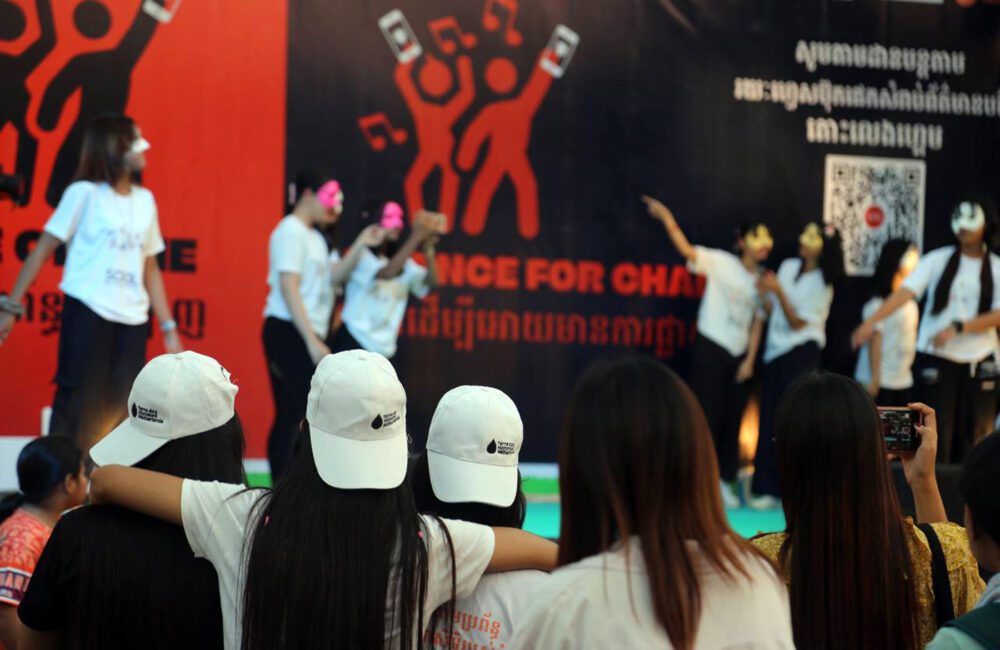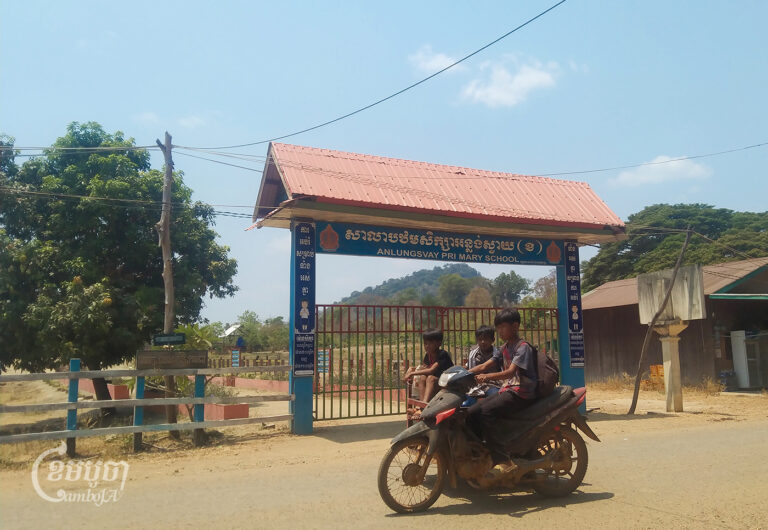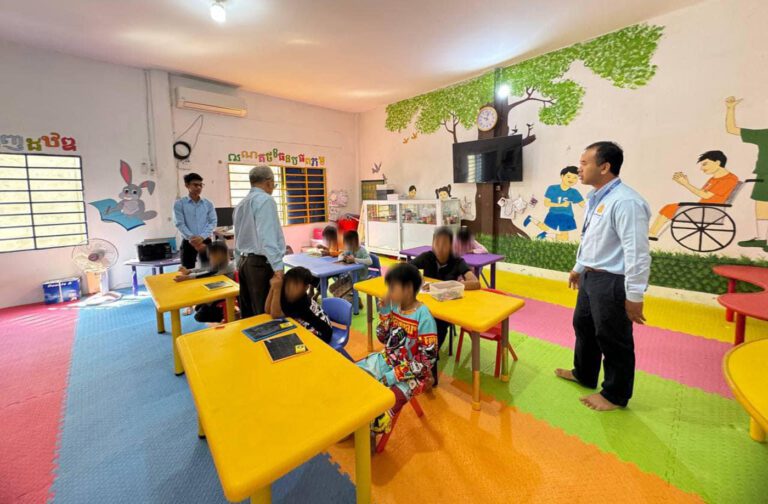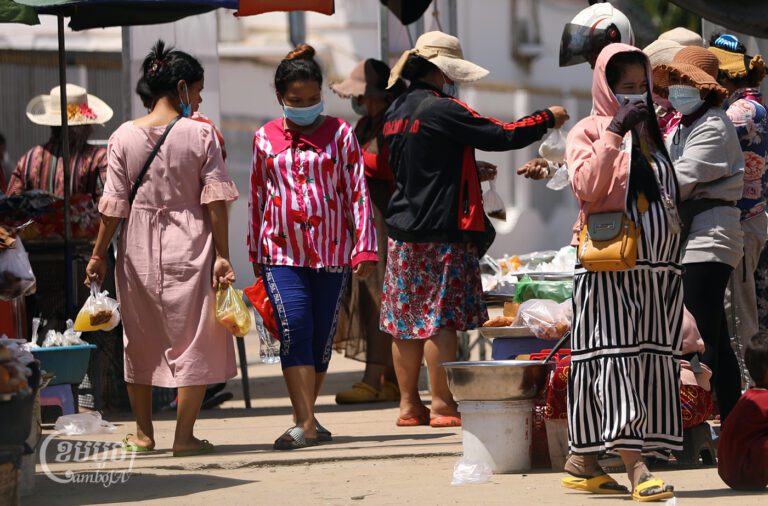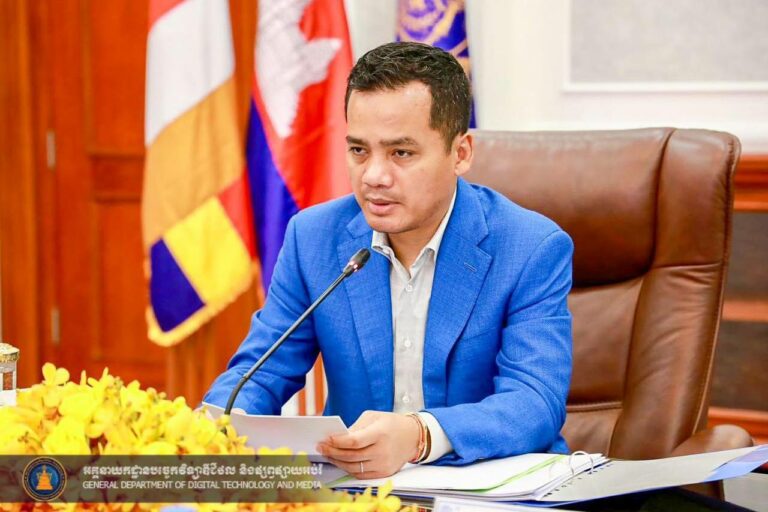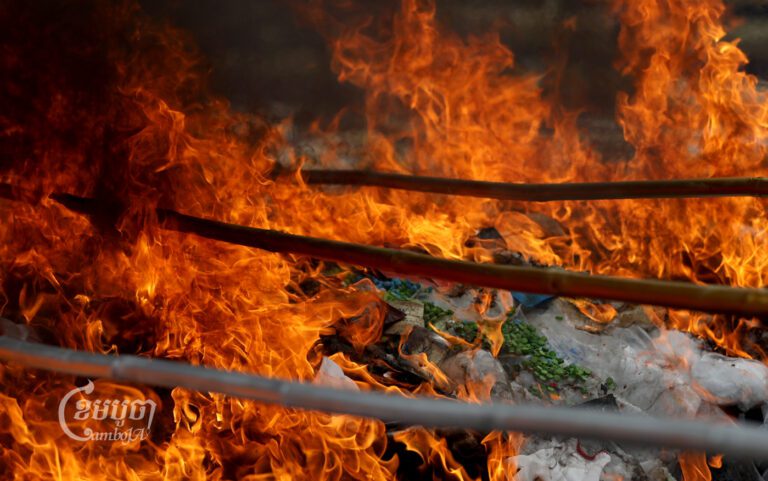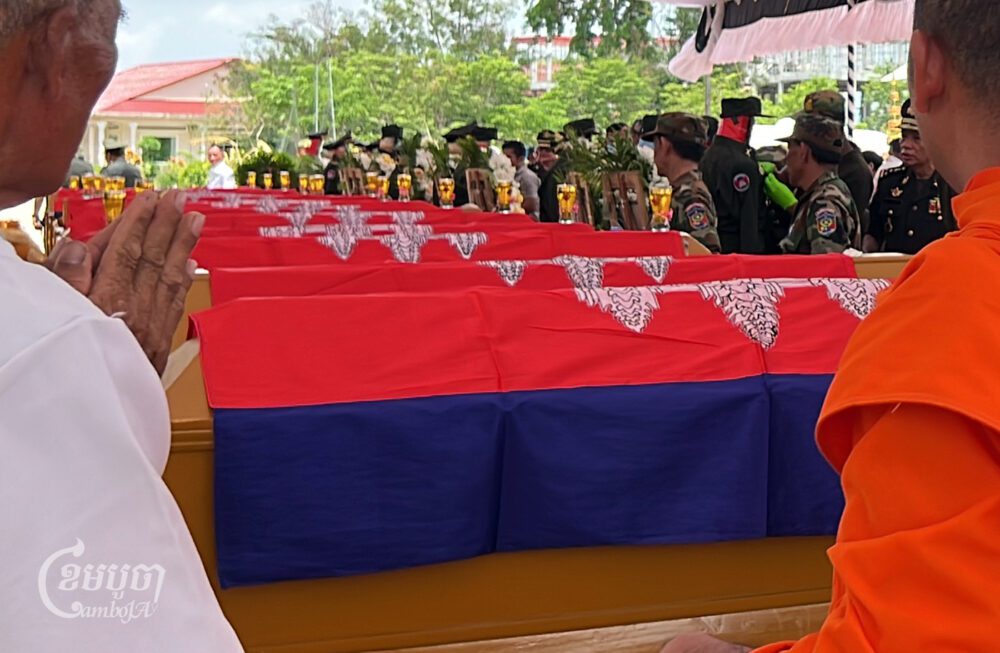Parents play a very important role in preventing online abuse, according to Dutch group Terre des Hommes Netherlands (TdH NL), which launched a campaign last year to raise awareness on online safety. It urged parents to pay more attention to children’s activities online, discuss safety issues, and encourage them to seek support if they encounter online abuse.
TdH NL program manager of online child sexual exploitation (OCSE) Zoe de Melo said the campaign aims to raise awareness on such risks on children, safer behaviors online while nurturing dialogues on online safety. It looks at encouraging victims to open up and seek help including from their parents.
The campaign also hopes to build positive relationships between parents and children, so that a safe space is created to speak about OCSE.
The TdH NL campaign, which partners with AusCam Freedom Project, an Australian women’s rights and anti-human trafficking NGO, is targeted at minors aged 12 to 17, and parents or caregivers.
In an email to CamboJA, de Melo recommended that parents who know about new technologies to openly talk about the positive and negative effects of being online with their children. If parents are supportive, children will feel free to speak up before an abuse happens and will report the incident.
Often, girls feel isolated and depressed, and look for an online friend or a boyfriend, but accepting random friend requests can lead to violence, which is the common case she sees in the field.
“Now, even harmless pictures can be used inappropriately by perpetrators to create inappropriate images, using artificial intelligence,” said de Melo.
A flash mob, held at the end of the campaign, which began on October 11, 2023 – International Girl Child Day – was posted by AusCam Freedom Project on their Facebook page a few months ago. The flash mob was a culmination of their commitment and hard work to spread the message on online safety in an innovative way.
“More campaigns are in preparation for 2024, for example, we will celebrate Safer Internet Day in February,” de Melo said.
Online child sexual exploitation is a form of gender-based violence facilitated by the Internet, with girls being the main victims of gender-based violence. The organization, TdH NL, has been working on this issue since 2017, relating mostly to gender norms that prevent girls from speaking up, resulting in victims being blamed.
Girls become victims after being lured, forced or blackmailed to share intimate pictures or are groomed to agree to meet strangers offline and then sexually assaulted or even raped.
“Although it is difficult to give a figure for Cambodia, we know that 96% of child sexual abuse materials in the world show female children, and the number of materials increases every year,” said de Melo.
According to a joint study, Disrupting Harm in Cambodia, by UNICEF and two other international organizations, some amount of online child sexual exploitation and abuse is still hidden.
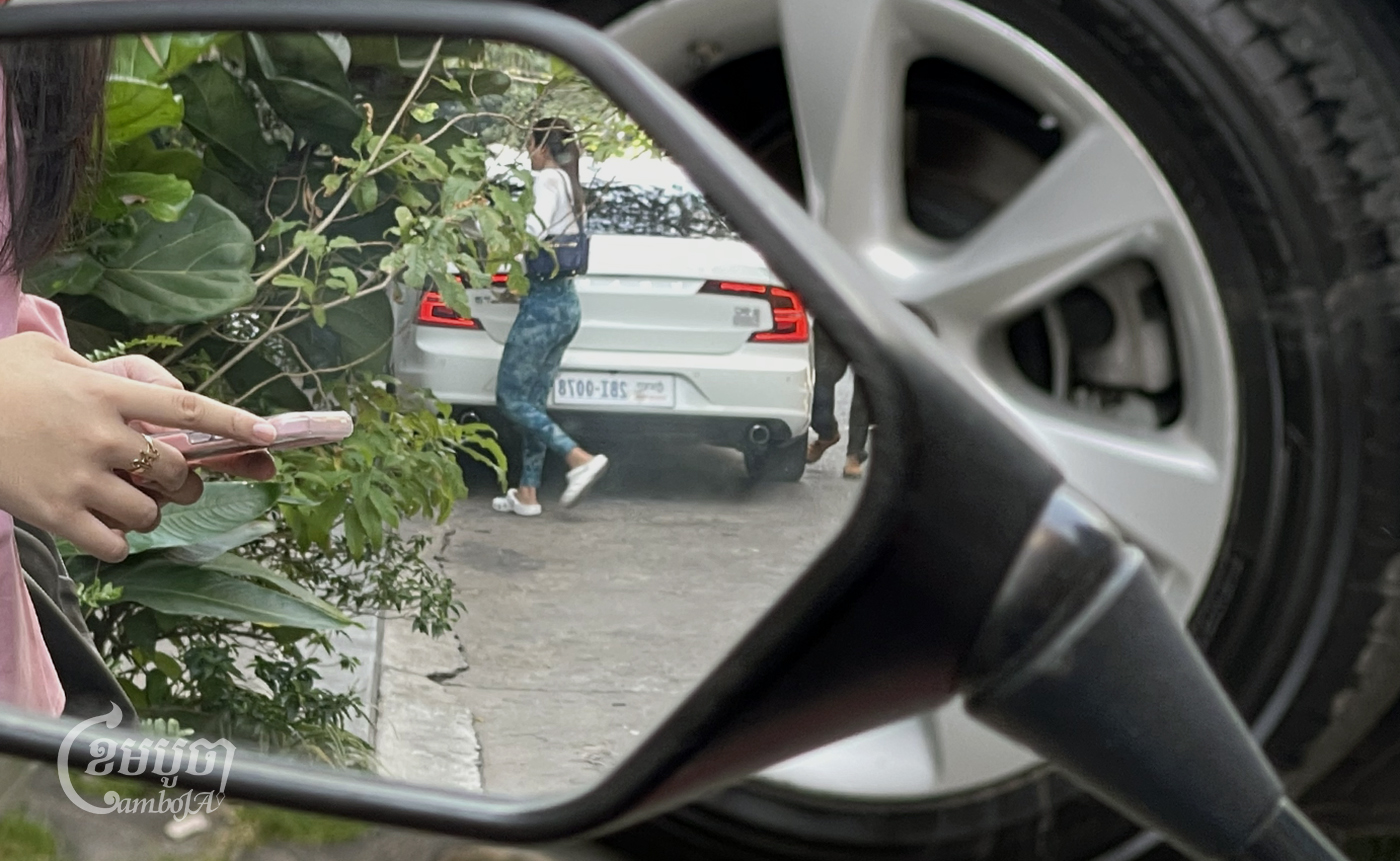
Children’s hesitation to reveal incidents was also influenced by feelings of fear and humiliation, discomfort with having open conversations about sex and sexuality, and the sensitivity of reporting abuse committed by a family member. In situations where they are asked to talk about sex or email sexual information, up to 23% of youngsters chose not to notify anybody about what happened.
Phnom Penh resident, Phal Ousa, 25, told CamboJA that her parents lacked digital comprehension, meaning that they do not know much about how to use social media. So, she is the one who monitors the online activities of her youngest sister, who is 20-years-old.
Ousa added that she always checks with her sister about how she feels or advises her to be careful when using social media platforms like Meta, Instagram and Tiktok.
“My parents are old. They are also busy with their business. But I am the older sister, so, I have to check on my sibling and advise her on how she should use social media platforms,” she shared.
“I worry about her safety because she is young and there are a lot of social media platforms that she has been using. So, I am worried when it comes to online sexual [exploitation].”
Student Heng Sokunthea said parents are the most important source to seek help or discuss to find a solution.
“Parents are really important because they take care of us, so I think when we are faced with that kind of issue, our parents can help,” said the 18-year-old, who lives in Phnom Penh.
Everyone uses the internet for different purposes, which has advantages and disadvantages, depending on the way it is used, said Sokunthea. For those who are not aware about online safety, they risk falling into online child sexual exploitation traps, especially girls.
“I think victims can be girls or boys, although girls are more susceptible than boys. I didn’t know how to protect myself from OCSE previously, [and] was a bit afraid of using the internet, but now I know how to protect myself,” said Sokunthea.
While she knows how to protect herself from OCSE, she wants to see more people who are within the target group to learn more about how to protect themselves from this form of exploitation. She encouraged people, who are faced with this issue, to share any problem with their parents and seek their help.
“I think we should share our problems with our parents as they are understanding and wise,” said Sokunthea.
In addition, she hopes that NGOs and the government continue creating awareness on the issue. “I want them to strengthen their efforts to raise awareness on the risks of OCSE.”
Presently, the government is working on a draft law on child protection which contains a comprehensive chapter on OCSE offenses. TdH NL’s de Melo hopes that the law would be implemented soon to protect Cambodian children.
In 2021, the government reconfirmed its commitment to end violence against children by 2030.
Toch Channy, spokesperson of the Ministry of Social Affairs, Veterans and Youth (MoSVY) told CamboJA that apart from preparing the child protection draft law, they are cooperating with the Ministry of Women Affairs and other related NGOs on OCSE.
He said parents and communities are encouraged to spend more time understanding the issue as it is not only the responsibility of the government to tackle it.
Noting that he is uncertain when the draft law would be completed, Channy said the society plays an important role in preventing sexual exploitation of children online.
Meanwhile, the 2022 UNICEF study, which was reviewed by MoSVY’s Cambodia National Council for Children (CNCC), found that a typical obstacle for children was not knowing where to go or who they should inform if they experienced any sexual exploitation and abuse online.
Additionally, it said, one in 10 Cambodian children suffered OCSE and abuse, with girls being more vulnerable than boys.
The survey also revealed that 11% of minors, who use the internet, reported having witnessed explicit content of online sexual abuse and exploitation in 2019.
When applied to the population of Cambodia within this age bracket, it amounts to approximately 160,000 youngsters who are abused and exploited for sex online.
Bou Sophorn, secretary of CNCC, could not be reached for comment.


